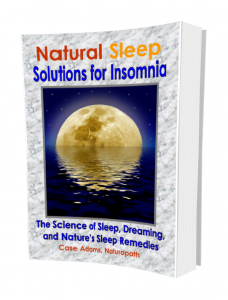Teen Suicides Linked to Poor Sleep
Research has now linked a rash of teen suicides to sleep problems. This means not getting enough sleep or having poor quality sleep.
Sleep is critical to our moods. And maintaining a healthy mood also means preventing suicides. Moods can go up or down, often due to our body’s metabolism. This is changeable. Especially when it comes to sleep.
In this article
Too much or too little sleep
Medical researchers have found that teens who are sleep-deprived or sleep too much have more than a five times greater risk of suicide than teens with healthier sleep.
The research, reported in August’s Journal of Sleep Medicine, investigated suicidal thoughts, planned suicides, attempted suicides and reported suicides among teens. The study investigated a population of 12,154 teens in 2007 and 14,782 teens in 2009, as part of the Youth Risk Behavior Surveys.
Of these total populations, 15% of the teens had suicidal thoughts, 10% planned a suicide, 5% attempted suicide and 2% of the total populations required treatment after attempting a suicide.
The researchers then measured the average sleep length of the teens. They found that those teens who slept less than five hours a night were significantly more apt to consider, plan or attempt a suicide.
How about more sleep?
Surprisingly, those who slept more than ten hours per night were also significantly more likely to consider or attempt suicide.
When the numbers were crunched, it turned out that sleeping less than four hours on average increased the incidence of suicide thoughts or attempts by 5.9 times – almost six times. And sleeping an average of more than ten hours a night increased the incidence of suicidal thoughts or attempts by 4.7 times.
Poor sleep hygiene is often reported as the most significant problem for teens. Turning on computers, cell phones and engaging in late-night communications with friends has been shown to significantly alter sleep and produce insomnia. In fact, other research has linked smartphone use to poor quality sleep.
Should teens be given sleep medications?
Many doctors discourage hypnotic drugs and other sleep pharmaceuticals for teens because they can easily become dependent upon them, and typically only offer short-term help.
Besides regulating sleep hygiene, there are a number of natural lifestyle and diet choices that can increase sleep duration and decrease sleep debt. There are also non-addictive natural herbs and nutrients that have undergone scientific study for safety and effectiveness.
Better sleep also increases athletic performance according to other research.
REFERENCES:
Fitzgerald CT, Messias E, Buysse DJ. Teen sleep and suicidality: results from the youth risk behavior surveys of 2007 and 2009. J Clin Sleep Med. 2011 Aug 15;7(4):351-6.

Discover more than 200 sleep remedies while supporting this ad-free site.















